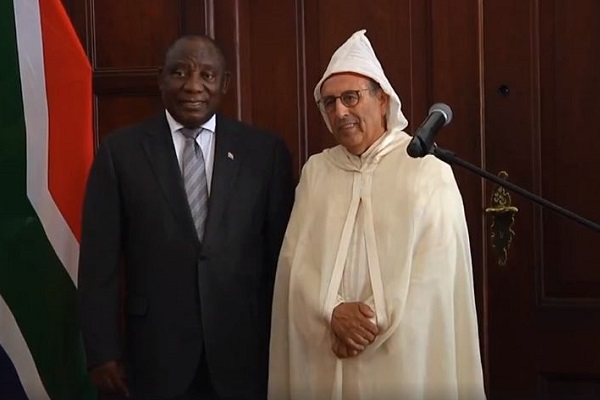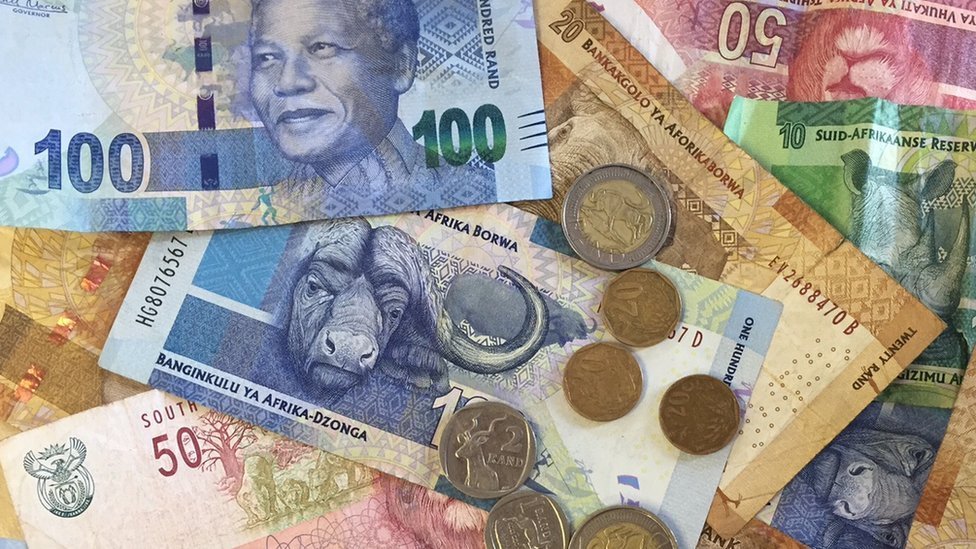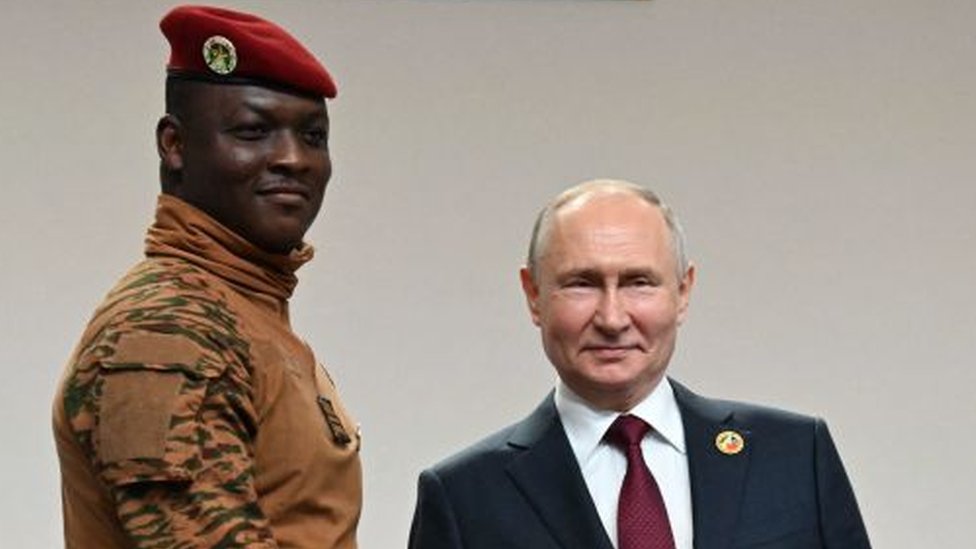The International Criminal Court (ICC) arrest warrant issued for Russian’s Vladimir Putin has put South Africa’s government between a rock and a hard place, as it is now weighing what to do if the Russian president accepts an earlier invitation to attend the August BRICS summit in the country.
The Hague-based court issued the arrest warrant for the Russian leader on March 17 for war crimes involving the deportation of Ukrainian children to Russia, because such acts are war crimes under two articles of the Rome Statute, which established the court.
Putin faces arrest if he sets foot in any of the 123 signatory states to the statute, 33 of which are African states. Being a signatory to the ICC’s Rome Statute, South Africa is obligated to execute the court’s international arrest warrants. But Pretoria is also Moscow’s close ally and has refrained from criticizing Russia’s 2022 invasion of Ukraine.
“It is a difficult situation, but, you know, I think that the Cabinet needs to discuss this,” Naledi Pandor, South Africa’s minister for international relations, said in an interview. “Once I have the opinion, I will take it to Cabinet so our actions will be guided by the overall views of government.”
“This is not the first time (South Africa) has faced such a dilemma,” said Sascha-Dominik Bachmann, law professor from the University of Canberra, adding that “ICC arrest warrants against sitting heads of state are rare.” In an article in The Conversation, he explained that when Sudanese president Omar Al Bashir visited the country in 2015 to attend a summit of the African Union, the Jacob Zuma-led government decided not to act upon the ICC arrest warrant and refused to arrest him, citing immunity from prosecution for sitting heads of state under international law.
“It is not unreasonable to argue that Ramaphosa’s government would want to tread carefully to avoid any such tensions,” Bachmann said, adding that “on the other hand, welcoming Putin, thus underscoring South Africa’s independent foreign policy, would see the country lose international credibility.”



